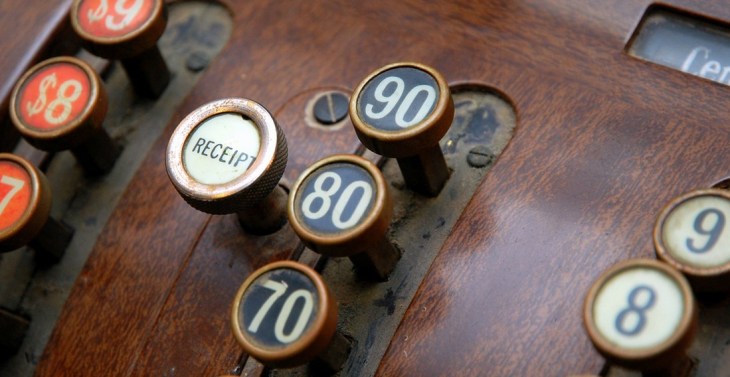The market awarded Facebook a 25 percent share price spike today, following a strong earnings report that showed off the company’s ability to retain mind share among youths, build its total global usership, and monetize mobile traffic better than nearly any other company. Period.
The firm pop in its shares has pushed Facebook’s valuation past the $80 billion mark, where it currently rests at $80.21 billion. Not a bad day’s work, but that number is somewhat shadowed by the fact that, as a company, Facebook has torched tens of billions of dollars of shareholder equity since it first went public.
We draw two conclusions from that fact: Given that Facebook is now a tremendously stronger company than it was a year ago, and yet it is valued under its former price, a pox on our own house for overpaying for the company’s shares; and, naturally, that Facebook is more than another strong quarter away from being simply flat.
Here’s TechCrunch’s Josh Constine and Kim-Mai Cutler the day before the fateful, and botched, IPO:
Facebook shares will start trading at $38 tomorrow, the company confirmed in a release, giving it a valuation of $104.12 billion. Facebook and its early shareholders will raise just over $16 billion in tomorrow’s much anticipated IPO.
At a $104 billion valuation, Facebook is worth more than any other tech IPO candidate at the time of its offering. It also perfectly matches what Facebook shares have been trading at in secondary markets over the last several months. Google was worth $23 billion at the time of its very unusual Dutch auction IPO back in 2004. As of tomorrow Facebook will be worth about half of what Google is worth now.
The implicit point in the second paragraph is that if Google managed to so greatly grow its valuation compared to its IPO price, to what heights might Facebook race? Despite general market furor, Facebook popped but a nibble to $42 a share on its first day, and then declined rapidly enough that its banking partners held the line at its initially offered price.
To illustrate just how off the market was concerning the pricing and sale of Facebook stock, here’s the same set of TechCrunch writers during its first day as a public company:
While the price is going to fluctuate a lot today, there’s a crowdsourced bet from Twitter users on FacebookIPOClosingPrice.com that the company will close at a $54 price and a $135.7 billion valuation.
Nope, Twitter users, that wasn’t the case. In fact, those shorting Facebook made out the best.
The gap between $104 billion and roughly $80 billion is $24 billion. But that’s not even the least-kind way we could describe Facebook’s total decline from former heights. Facebook opened on its first day at $42.05, meaning that it was worth more than $104 billion; those who bought in at that price would have enjoyed a far heavier decline in the value of their stock if they held onto it.
But, in effect, this is our fault. The Facebook IPO price, as noted in the first blocked quote above, matched secondary market interest. The market bore Facebook at a $38-per-share price; the IPO went off, hitches aside.
Christopher Hitchens once said that the ironies of history occur most pungently to those that don’t believe in them, and that applies greatly to us in the technology industry. We have undergone a number of periods in which valuations of technology companies have gotten far ahead of their earnings. Again and again we have bought into our own hype only to watch the money of the average Joe evaporate as founders and investors pocket cash at IPO prices. That’s fine. It’s simple market capitalism. But you’d think we would have learned a bit by now.
Facebook as a financial entity is much stronger than it was during the quarter it went public. Let’s do a little comparison for fun [Facebook Q2 2012 financial data versus Q2 2013 financial data]:
- Revenue, Q2 2012: $1.18 billion
- Revenue, Q2 2013: $1.81 billion
- Net income, Q2 2012: -$157 million
- Net income, Q2 2013: $333 million
Aside from higher expenses and a lower operating margin, it’s hard to find a metric by which Facebook is worse off than it was a year ago. And yet we the market public value the firm at $24 billion less than on its first day.
We were out of our skulls in 2012, and we are still paying for it. That said, Facebook is damn killing it recently, and is slowly growing into the valuation that its bankers and investors found palatable four quarters ago.
New question: Is Facebook overvalued at its current $80 billion price? The comments are yours.
Top Image Credit: Steve Snodgrass
